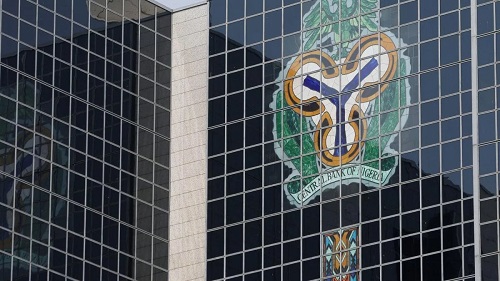Start Total Christian Certification Course Now
As Nigeria continues to grapple with economic challenges, it has emerged that the federal government spent $1.169 billion to service its debt obligation from January to June 2023.
According to the export and international payment data released by the Central Bank of Nigeria (CBN), the federal government spent $112.35 million in January 2023, $288.5 million in February, $400.5 million in March, and a significantly low service of $92.8 million for the month of April.
A further breakdown showed that the government spent $221 million in May and again another record low debt service of $54 million for the month of June.
The central bank data pegged total direct remittances for the first half of the year 2023 at $952 million.
The CBN stated that the country in 2022 recorded total direct remittances of $2.16 billion as against $2.43billion in 2021.
A breakdown showed that Nigeria recorded $79.18 million remittances for the month of January and $83.75 million in February 2023.
However, the next few months saw remittances expanded with March recording $138.62 million, April $150.04 million, May $202.89 million. The highest recorded for the first half was in June, which saw remittances peak at $297.48 million.
In contrast, Nigeria recorded $130,115,888.7 remittances in January 2022, February was slightly elevated at $132,110,312.6, March was again elevated at $203,794,664.3 with a total for the first quarter pegged at $466,020,865.
Also, the month of April 2022 saw inflows of $165,771,432.3, May at $184,644,196.8 and the month of June, which saw the highest inflow for 2022 pegged at $394,546,934.47. Totally the second quarter inflows stood at $744,962,563.6.
The third quarter of 2022 started with $ 196,664,820.4 for the month of July while August saw $309,834,560.8 and September saw the lowest inflow in the year at with $100,083,873.1 in direct remittances.
Furthermore, October recorded $110,778,558.7, November, $124,668,760.4 and December with a decline to $102,577,897.5.



